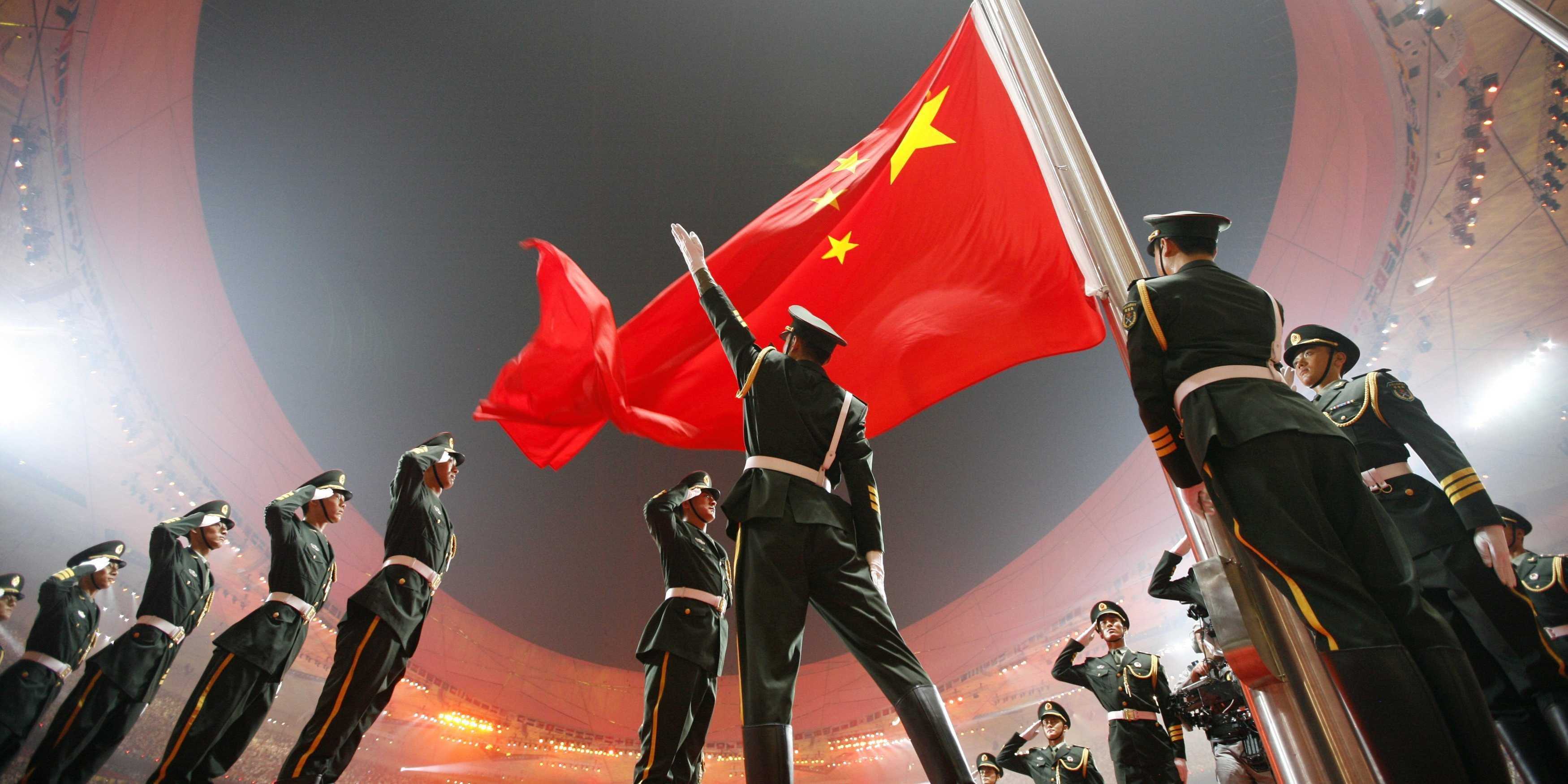Market sentiment analysis still tends to be perceived as somewhat of an exotic to the point of “fuzzy” approach, in light of the fact that… well, nothing is set in stone. As a bit of a definition, let’s just say that when “measuring” market sentiment, you are essentially trying to figure out if the prevailing
Chinese Culture
Apr
- No Comments
China’s Music Industry: Numbers. Constraints. Potential.
This much is certain: a music industry worth north of $50 billion in 2019 ($53 billion or 370 billion yuan, to be more precise) and with a YOY growth rate representing a considerably above-average 8% needs to be taken seriously. Needless to say, the Chinese authorities tend to agree and as such, have prioritized investments
Apr
- No Comments
Culture Wars in 2020 and Beyond: Is a China – West Cultural War Unfolding?
The average investor who is interested in being up to date on “all things China” so as to make better choices tends to spend asymmetrically more time crunching economic numbers compared to endeavors that, in our view, would enable him or her to meaningfully “get” China from more than one angle. As such, their perspective
Apr
- No Comments
China-Related Conspiracy Theories: Motivation, Interpretation, Substance… and Lack Thereof
This is a topic we believe needs to be addressed thoroughly because as an investor in Chinese assets or someone who is thinking about gaining exposure to Chinese assets, you are literally bombarded with more or less reasonable scenarios pertaining to China, many of which venture well into conspiracy theory territory. Right from the beginning,
Mar
- No Comments
China and the Fear of Missing Out (FOMO)
Whenever we are dealing with let’s call them “hot” assets (and yes, Chinese assets most definitely fit this description), greed tends to kick in and determine market participants to get ahead of themselves with respect to gaining exposure to the assets in question. The term “FOMO” (Fear Of Missing Out) is quite relevant in this
Mar
- No Comments
(Neo)Authoritarianism in China: The Past, Present and Future of Authoritarian Rule
Much can be said about China’s economic system, about socialism with Chinese characteristics and its many common denominators when comparing it to both capitalism and socialism. Some economists praise China for being more market-oriented than let’s say many European nations in some respects, others claim the exact opposite. Let’s just say that few things are
Mar
- No Comments
Discrimination in China: Systemic Issue, Granular Problem… or Both?
Here at ChinaFund.com, we have rather frequently presented studies and metrics (pertaining to freedom of speech, for example) which make it clear that China isn’t exactly the most politically correct nation in the world. While our team firmly believes that generation-defining investment opportunities lie ahead in China, we just as firmly believe in being straightforward
Mar
- No Comments
(More or Less Misunderstood) Consumption Trends in China: Consumerism on Steroids?
Time and time again, observers find certain consumption trends in China downright peculiar. For example, why on Earth has there been such a surge in luxury spending and generally speaking, spending meant to impress the proverbial Chinese version of the Jones family in a country that used to be plagued by debilitating poverty a few
Mar
- No Comments
The Cultural “Westernization” of China: Hollywood, Pop Culture and Their Economic Effects
In a world tailor-made to the specifications of the Communist Party of China (in a let’s say ideal scenario from the perspective of the CPC), the population of China would reject any and all Western components, elements the Party considers detrimental to its very self-preservation interests. Unfortunately for the CPC, that’s not exactly how things
Mar
- No Comments
Personal Freedoms in China: Westernization/Legalization vs. Traditionalism
The economic interconnectedness we keep referring to here at ChinaFund.com is more than just a buzz word, because its ramifications move well beyond the realm of economics. To (over)simplify, economic interconnectedness leads to continuous transfers, not just transfers that are economic in nature (transfers of wealth, technology and so on) but also anything from political










